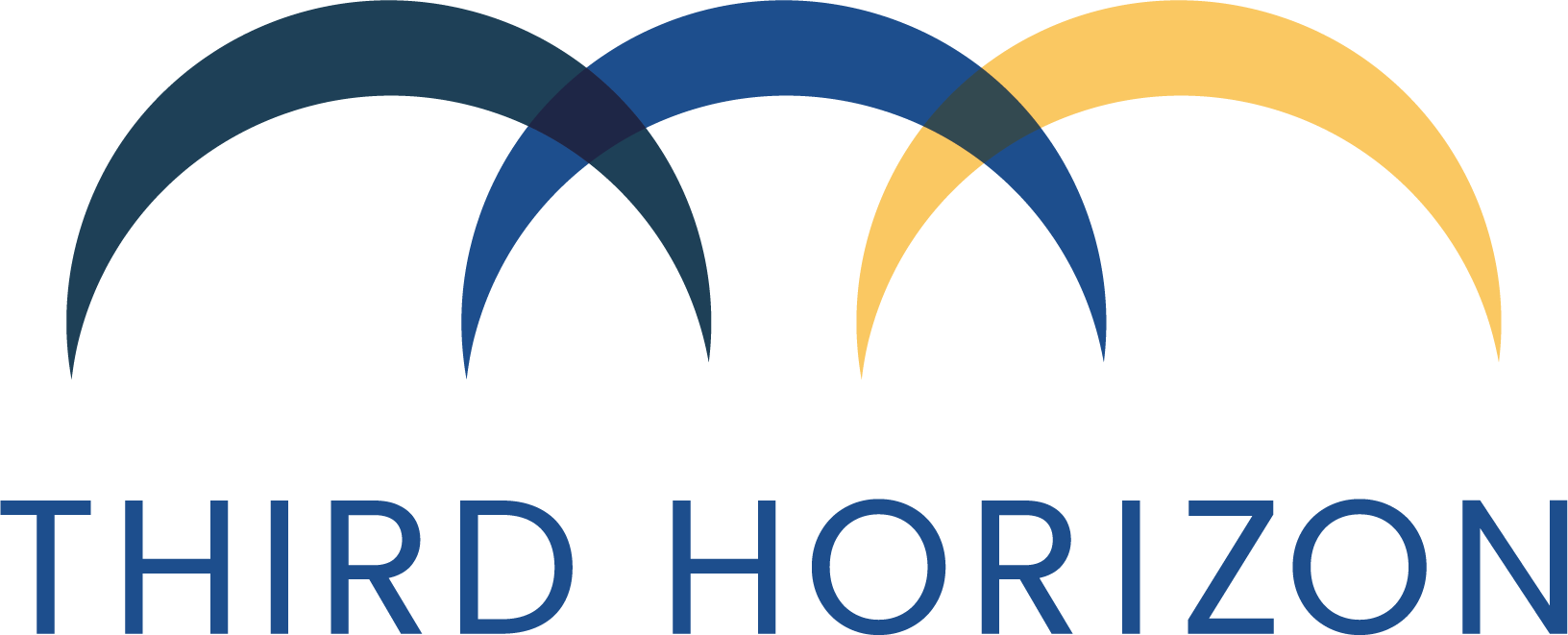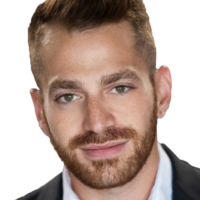The headlines are unavoidable and unambiguous; health care workforce shortages are at an all-time high. The COVID-19 pandemic and widespread burnout exacerbated existing scarcities in critical positions such as nurses, licensed behavioral health counselors, and front-line staff. USAID projects that there will be a deficit of 18 million health workers by 2030. Just last week, a new McKinsey report predicted that the U.S. will have a shortfall of 200,000 to 450,000 nurses available for direct patient care by 2025. Even before the pandemic, the Association of American Medical Colleges (AAMC) estimated that there would be a primary care physician gap between 17,800 and 48,000 by 2034. To close the gap, the country would need more than double the number of new graduates entering and staying in the nursing workforce every year for the next three years. Thought leaders nationally are taking notice with more strategies and initiatives prioritized to address the current situation.
In April 2022, the White House released a factsheet on the Global Health Worker Initiative, offering policy aligned around four pillars:
- Protecting health workers,
- Expanding the global health workforce and accelerating economic development,
- Advancing equity and inclusion, and
- Driving and investing in technological advancements and innovation.
In March 2022, the American Hospital Association published a letter to Congress outlining policy solutions to increase the existing workforce’s flexibility and reach and support the incoming workforce’s training. Their recommendations built on the Health Resources and Services Administration’s (HRSA) 2021 Health Workforce Strategic Plan, which outlined several goals and strategies to expand the health workforce supply and maximize reach.
Want more daily health intelligence from Third Horizon Strategies? Sign up for Tea Leaves – a free daily newsletter capturing a rundown of the most important health industry activity!
While many workforce initiatives focus on maintaining the existing workforce’s capacity, surveys continue to show that alarming rates of professionals are considering leaving their current position (upwards of 31 percent) or, in some instances, leaving the field entirely. For example, The Association of Critical-Care Nurses cited that 66 percent of acute and critical care nurses have thought about quitting nursing altogether. The current generation of health care professionals is in crisis, and immediate intervention is necessary.
Ironically, in an effort to raise awareness of workforce shortages, the health care industry inadvertently highlighted the difficulties of the career, such as long hours, complex caseloads, and limited opportunity for advancement. Yet, despite the widespread headlines and justifiable panic, the next generation’s interest in the field looks healthy. Medical school enrollment is growing, and the Bureau of Labor Statics continues to project health care employment increasing 16 percent from 2020 to 2030. A small survey in August even found that most Gen Z (those between nine and 24 years old) respondents identified health care as their dream job. More specifically, interest in public health-related majors seems to be growing among students as they process their experience with the COVID-19 pandemic and ponder their role in the future. Offering a different perspective, a recent survey of kids between ages six and 17 found that more than 52 percent wanted to become “Youtubers, vloggers, or bloggers.” These respondents went on to rank creativity, fame, and self-expression over money as influences that attracted them to the choice.
The health care industry must be prepared to adapt to the needs and interests of a new generation of professionals, and leaders in health care have questions to answer:
- Does a health care career value creativity and self-expression?
- Is the industry’s growing reliance on manualized treatments and clinician administrative requirements allowing room for compassion and self-expression?
- Does a career in health care offer more opportunities for reach, impact, and fulfillment compared to social influencing?
The professionals we rely on must be empowered to take care of people flexibly and creatively with human kindness and compassion. Value-based payment strategies that prioritize outcomes over coded services can be designed to guide providers towards human-centered and personalized treatment plans. Furthermore, systems can prioritize face-to-face client interactions and leverage technology that reduces the administrative burden to ensure compassionate treatment environments. Evidence-based practices must continue to have a role in diagnosis and treatment. At the same time, the industry must work to create room for professionals to stay present and utilize their expertise for flexible solutions. A career in health care needs to be adequately rewarding while allowing opportunities for individuality and impact.
Every component of the system has a role in serving our current workforce and preparing us to do right by the future generation. Policymakers can reduce barriers to entry into the field, such as student loans and inflexible licensure. Payers can empower clinicians to utilize their expertise and creativity to achieve meaningful results by implementing flexible value-based arrangements. Employers can enhance the well-being of professionals by supporting work-life balance and creating pathways for advancement. Furthermore, health care providers must embrace inclusivity throughout the entire workforce environment and intentionally build a diverse workforce that is encouraged to be compassionate and innovative.
The workforce crisis is a human one, and industry leaders must challenge the status quo to create human solutions.


